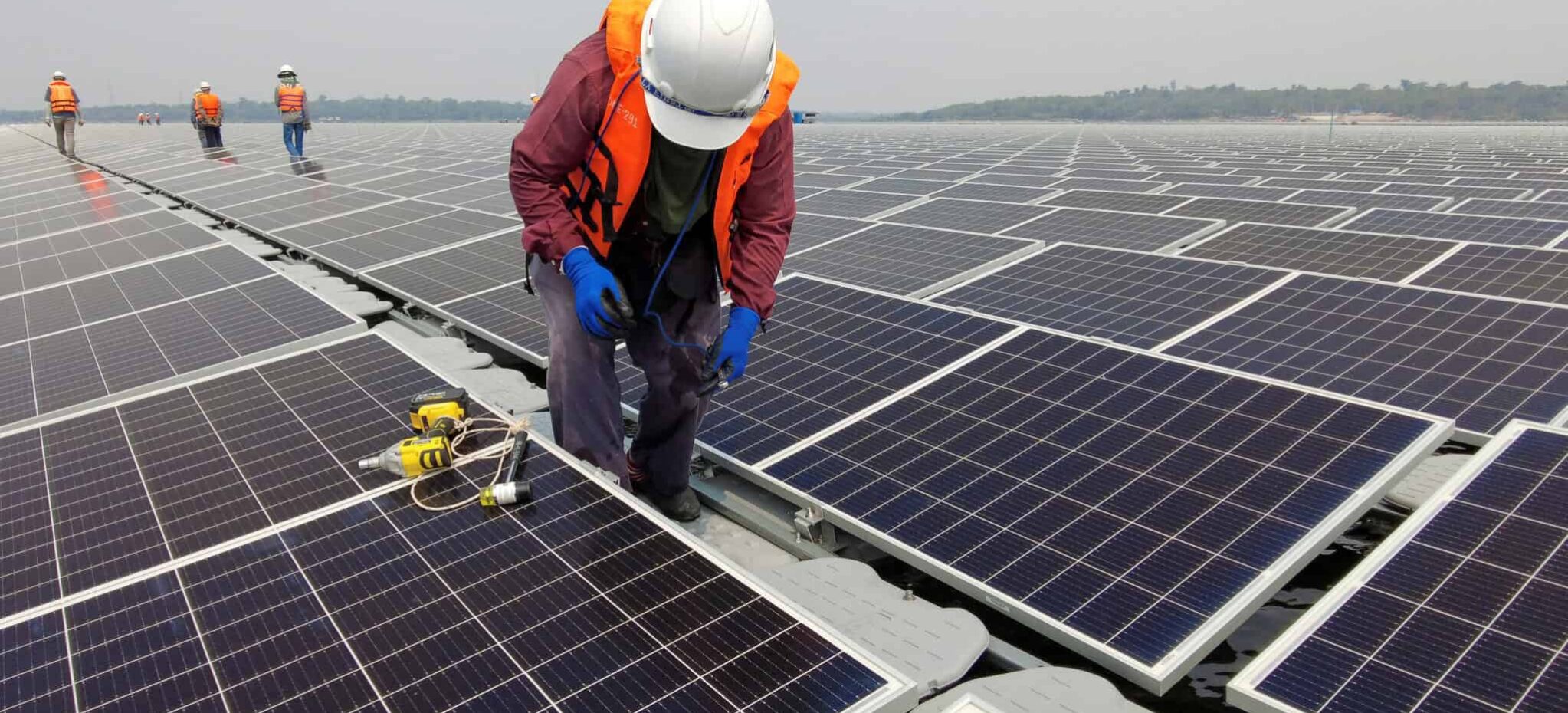Going solar is an excellent investment that will not only save money but help protect the environment. Switching from a traditional energy source to a renewable one is a great way to lower your carbon footprint as well as remove monthly electricity bills.
According to the Pew survey, the primary reason most Americans choose to go solar is the lower utility costs. The second note-worthy argument in favor of solar energy is that PV panels can increase the price of your property. Lastly, most governments offer generous solar investment tax credits that ultimately persuade people into buying solar panels.
Installing a solar energy system into your home is a pricey task. To cut costs and save as much money as possible, a tempting idea may come to mind: “Can I install solar panels on my own home?” The short answer is yes. However, just because you can do it yourself does not mean it is the wisest choice to make.
Advantages of DIY Solar Panels
DIY (do-it-yourself) solar installation is a rather complex endeavor, despite seeming like a cheaper option. Before you become fully invested in the project, you should consider whether personal satisfaction outweighs the potential risks.
Cost Reduction
Aside from the gratification of a job well done, one of the key attractions of any DIY project is the opportunity to save money. Setting up new solar panels by yourself can spare thousands of dollars.
Nowadays, companies offer 5kW DIY kits that range from $1 to $1,5, so the overall cost of installing solar panels on your own can vary between $5,000 to $7,000. Despite the affordable price, it is important to mention that do-it-yourself kits are not custom-made and may not suit your needs.
On the other hand, hiring a professional installer may cost around $14 000, if not more. However, installing PV panels is a highly technical job that demands a level of expertise many homeowners lack.
Personal Gratification
If you are a handy person who likes to build, installing solar panels may sound like a challenging new project. It requires multiple skills, such as planning, measuring, electrical work, and knowledge of basic power tools. Completing such a big project single-handedly will undoubtedly bring a sense of pride and joy.
Disadvantages of DIY Solar Panels
While it may seem like a great personal challenge, installing solar panels on your own may end up as an expensive and dangerous task. Financial and health risks frequently come hand in hand with DIY solar installations.
Risk of injury and Other Damages
Spending a lot of time setting up panels on your roof can be dangerous. Even the slightest miscalculation can cause serious injuries. Similarly, if the panels are not properly installed, issues like faulty wiring can lead to a fire. You may end up having to pay for unexpected medical bills or costly repairs.
Time Consuming
Installing solar panels is no small feat. In order to set up panels to produce the right amount of power, a lot of time and effort are necessary. For an average homeowner, the installation process can last from 1 to 4 months.
Warranty
DIY projects often lead to warranty voidings. If your panels get damaged or need spare parts by any chance, you will have a hard time filing a warranty claim to the manufacturer. Additionally, any damage to the roof sustained in the process will cause you to lose the roof warranty as well.
Regulations and Permits
Before you can begin installing solar panels on your home, you will need to get the appropriate documentation. Depending on your location, you will need several permits, an interconnection agreement with a utility company, and certain grants and tax credit papers.
To avoid any potential dangers and save money in the long run, the safest option you can take is to call the solar experts, such as the Atlantic Key Energy.
You May Also be Interested in These Solar Topics
Are Solar Panels Safe for Homes?
What is the Latest Technology in Solar Panels?
How Much Does it Cost to Make Solar Panels?





